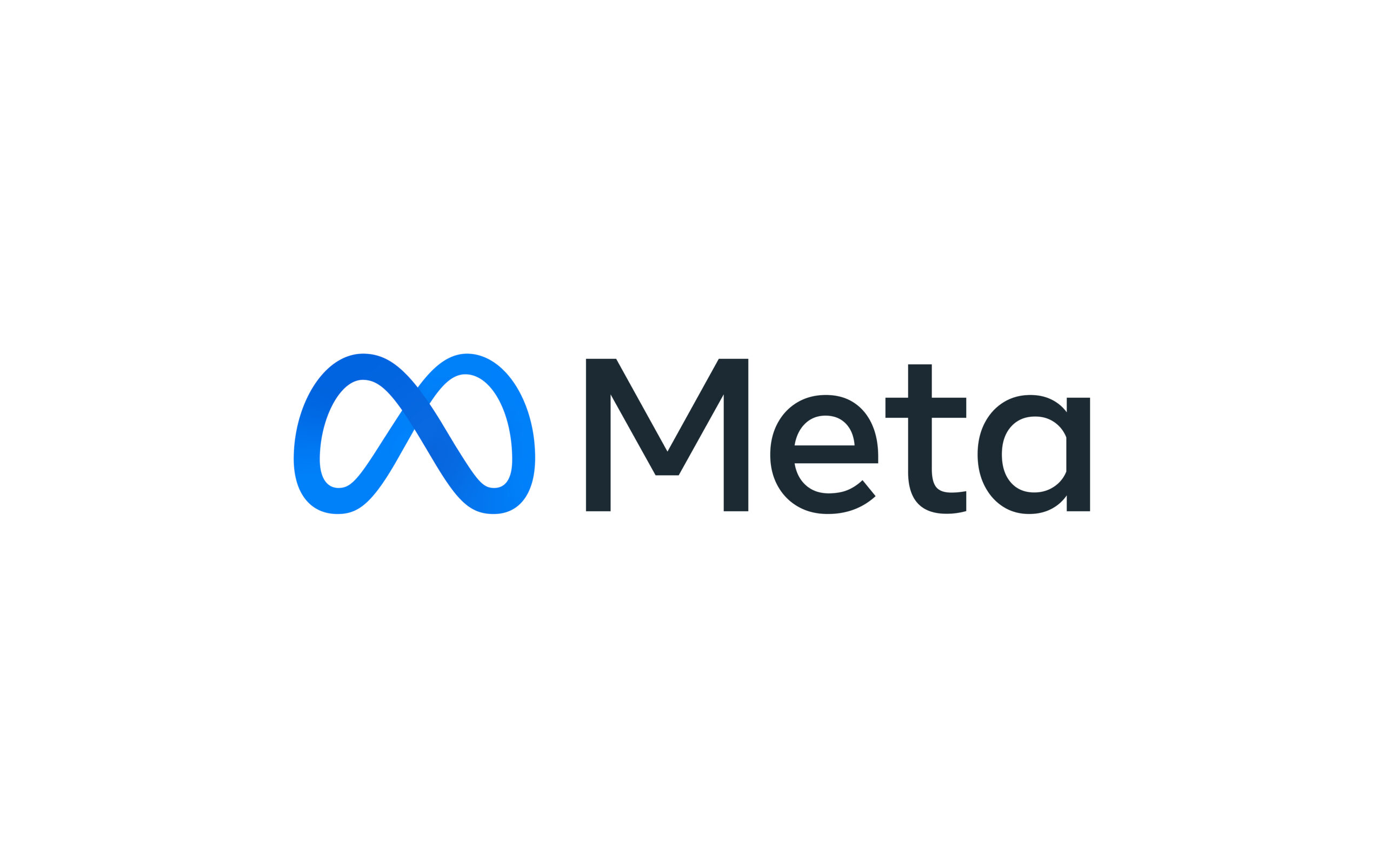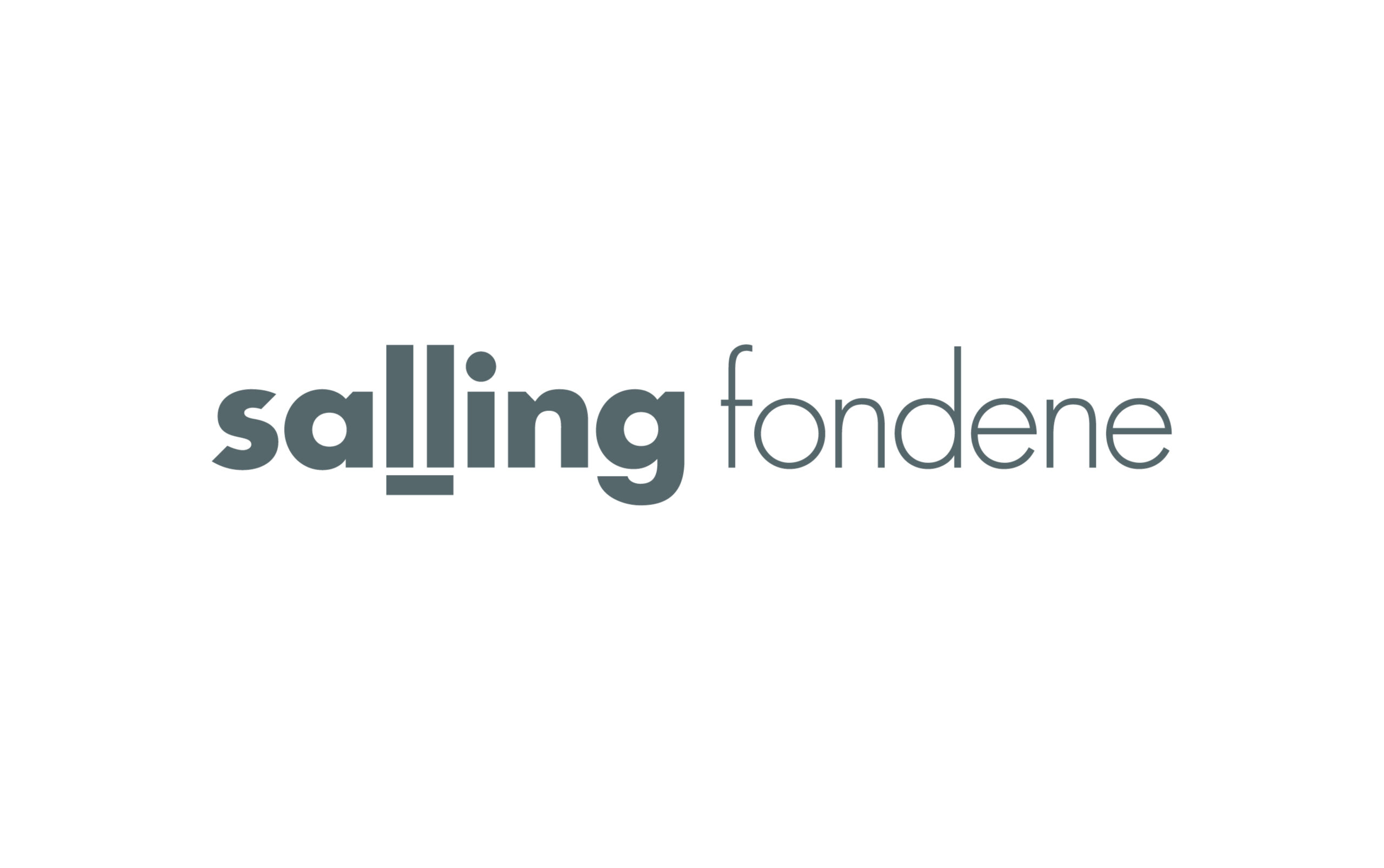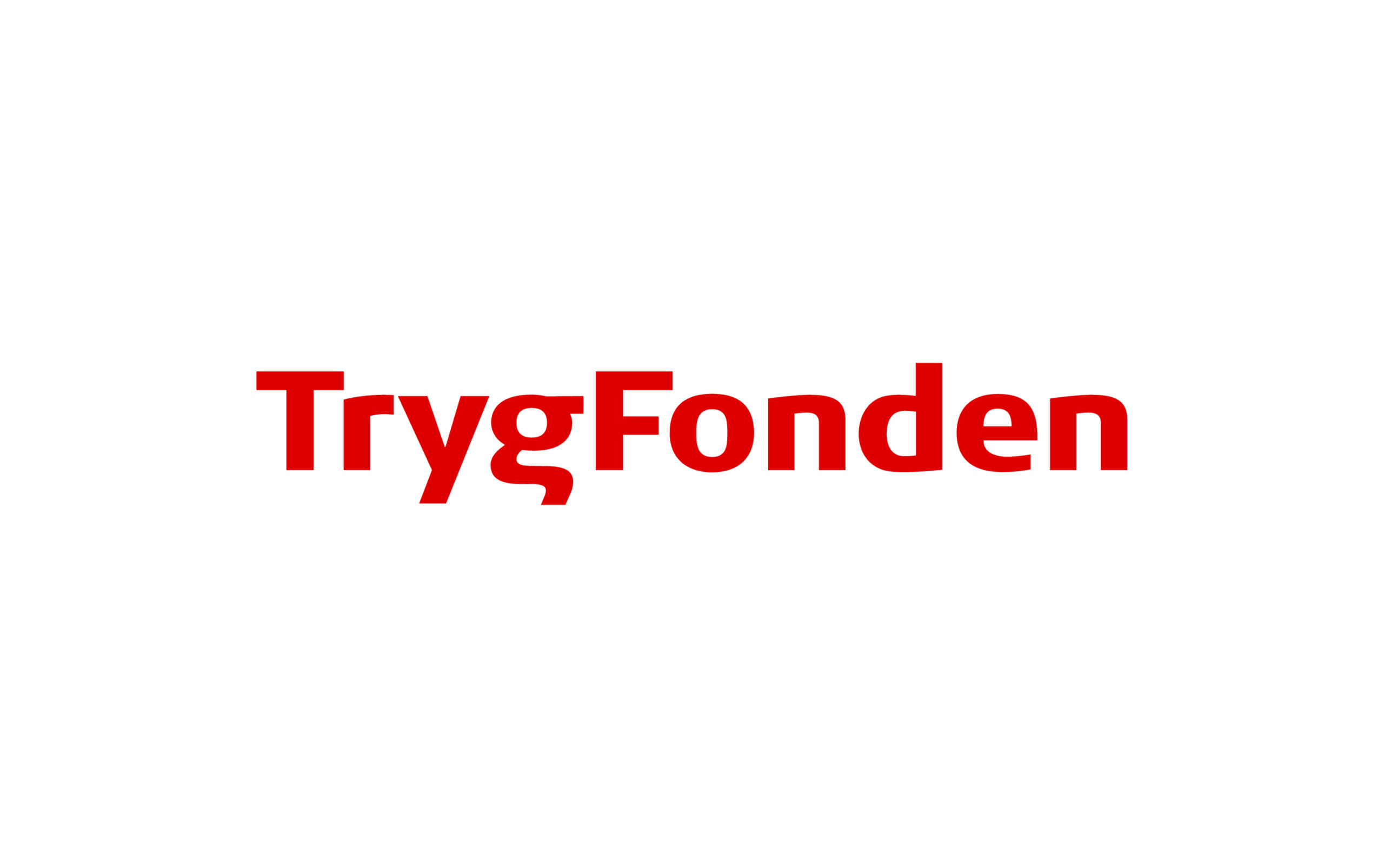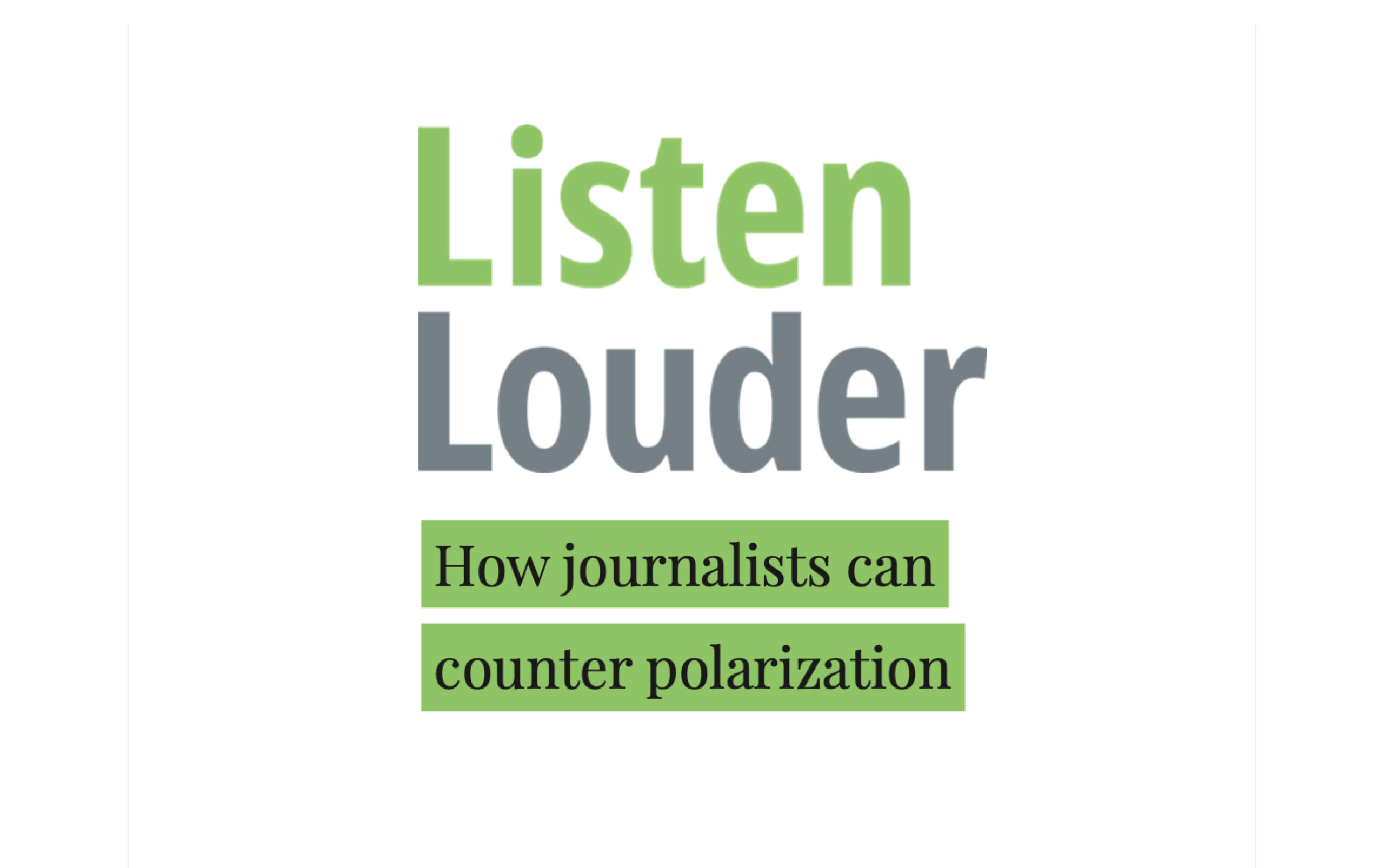Polarization is an increasing danger both to freedom of the press and to democracy. The Listen Louder project brought together a group of international journalists to examine how the media contributes to polarization — and how journalists can help reduce it.
These Explorers created a series of best practices, tools and recommendations, and presented their findings at the annual global constructive journalism conference in Bonn, Germany, in June 2022.
Want to know more?
Get in touch
Why we launched the project
Journalists facilitate communication between experts, decision-makers and citizens, with the news media serving as a filter between reality and the public perception of reality. But unfortunately, the public debate often favors the loudest voices and those with the most “likes” — and the absence of rigorous moderation can to lead to polarization, apathy and a decline in trust. This issue is extreme in the U.S., but there is little room for complacency in Europe and elsewhere in the world.
In a debate setting with politicians and the public, the news media traditionally finds inspiration in warfare. These debates — the word coming from the French débattre, meaning fighting — are given aggressive titles such as “Duel,” “Crossfire” or “Fight Night.” Going forward, the news media must identify new frames and formats that instead focus on important issues in society that draw on inspiring ideas, best practices around the world, moderated dialogue and facts.
About Listen Louder
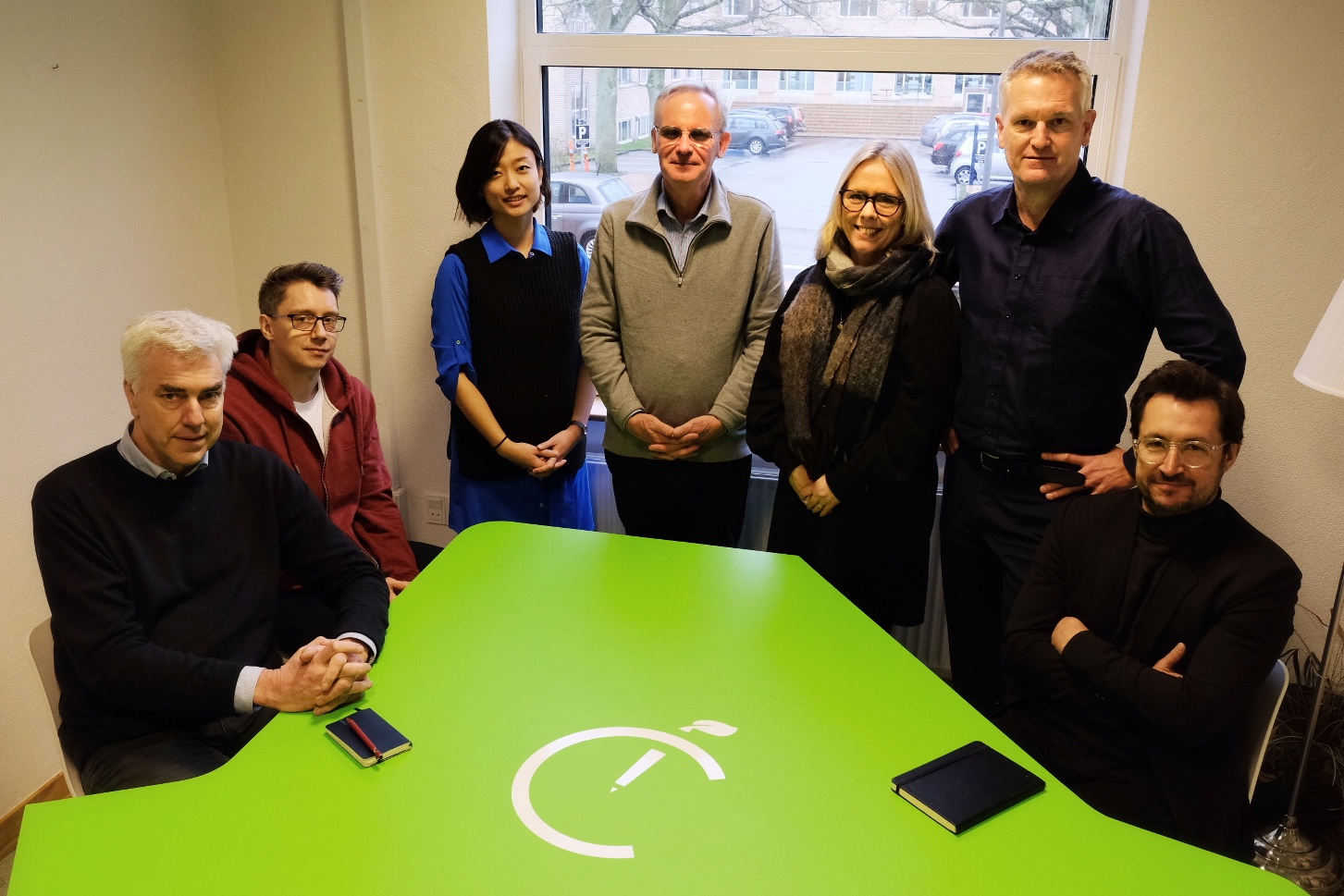
Meet the Explorers
The Explorers
We brought together a group of international journalists (the Explorers) to examine the media’s role in furthering polarization. As part of the Constructive Institute’s wider fellowship network, the Explorers had lessons on constructive journalism and visited media groups, parliaments, NGOs and businesses in different cities, from Oslo to Nairobi.
Check out our full fellowship program here.
“Listen Louder” Booklet
The Explorers produced the “Listen Louder” booklet, which highlights more than a dozen examples from around the world — including Japan, Germany, Israel and Norway — of innovative ways in which journalists are trying to reduce polarization. It also make recommendations for journalists who want to better moderate political debates and engage the public.
Check out our other resources for journalists here.
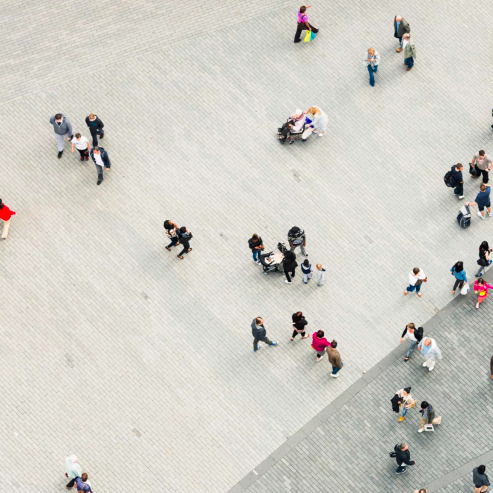
Download the report
Research
We commissioned the analytics company Epinion to study news and the public debate in Denmark, the United Kingdom and Germany. It identified a widespread belief that the news is biased towards negativity and dominated by extreme opinions.
Check out our other research here.
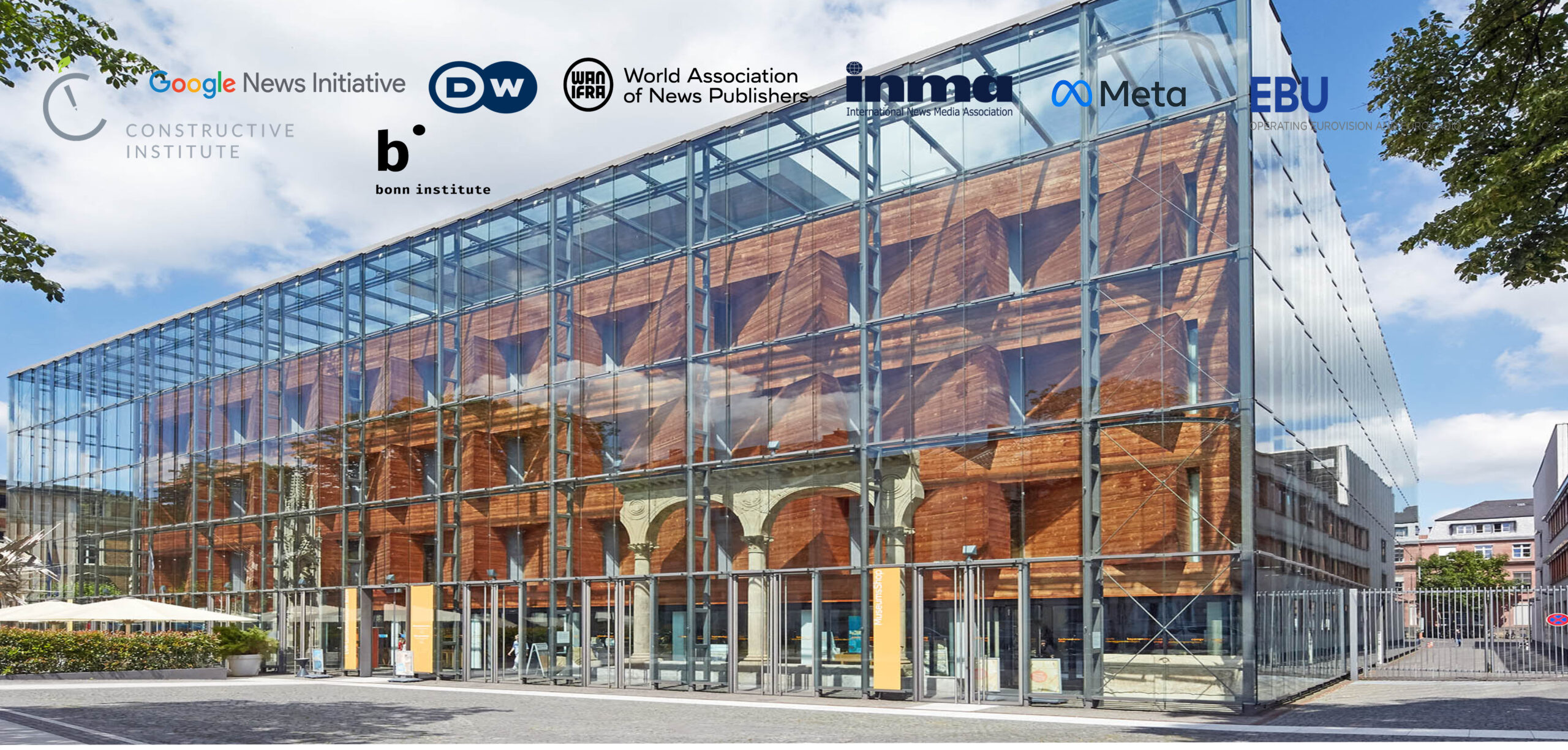
Catch up on the Listen Louder conference
Conference
The Constructive Institute presented the Listen Louder project at the annual global constructive journalism conference in Bonn on June 22, 2022. The Explorers also participated in the Global Medium Forum conference in Bonn in the preceding days.
Check out our other conferences here.
Hear from the Explorers
Constructive Institute Explorer and former Guardian journalist Ewen MacAskill shares how the news media can better moderate public debates.
The Listen Louder Project is supported by:
